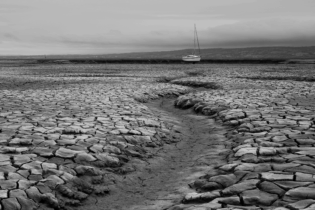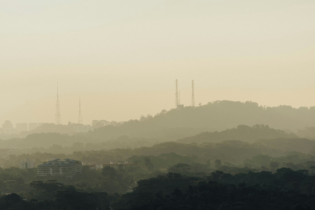
On the eve of the COP21 conference, 184 countries covering around 95 per cent of global greenhouse gas emissions had delivered their national climate action plans to the UN Framework Convention on Climate Change (UNFCCC).
Figueres said that the past year had been a turning point and that after many years of hard work, the world was finally seeing that the direction towards a low-carbon, resilient future was irreversible.
On the eve of the COP21 conference, 184 countries covering around 95 per cent of global greenhouse gas emissions had delivered their national climate action plans to the UN Framework Convention on Climate Change (UNFCCC). During the UN Climate Change Conference in Paris the governments of France and Peru, along with the UN, are organising a series of high-level events to demonstrate that the transition to low carbon and resilience is under way. Throughout the eight days of the LPAA, inspirational new commitments will be announced, in action areas, ranging from forests and agriculture to clean energy and private finance for climate action.






